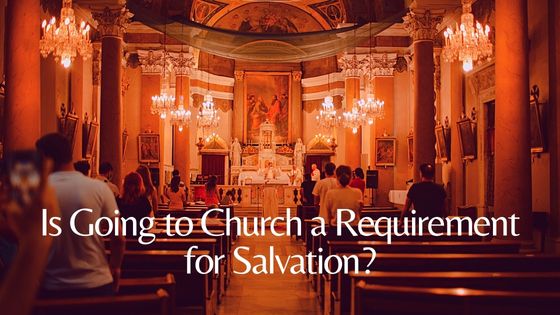God’s Blessing of Motherhood
Motherhood is both a privilege and a blessing from God. Unfortunately, not every woman gets to receive this blessing for various reasons that only God knows. Even women who are faithful followers of Christ are not exempt from this reality. We hear a lot of Christian couples testify that they fasted and prayed for many … Read more










